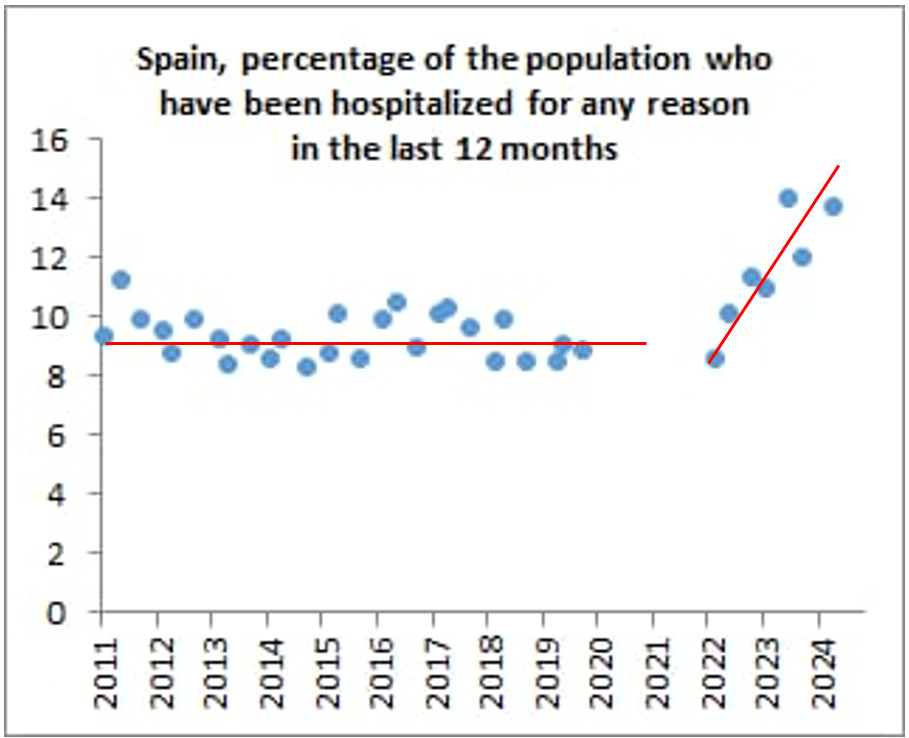Summary from the linked post:
This week will be a little bit different. This is an open letter to hospital and clinic administrators, as well as any healthcare organization. Feel free to share widely, particularly to any administrators you may know.
Executive Summary
The US is starting the next pandemic wave. Most of the population has not received boosters in the past four months and are not taking mitigation measures. Data from other countries suggests that this will be a challenging wave, particularly as school starts which is a known source of community spread.
Globally, these new variants have led to the cancellation of elective surgeries due to the infected patient volumes as well as ER diversions and patients held in the ER for days with no beds available on nursing units.
Wastewater COVID concentrations in the US are at the highest they have been during this time of year since the start of the pandemic. Both COVID ED and outpatient visits are climbing across the US.
Most of the population thinks of COVID as a respiratory disease, when in fact it is a vascular disease with an acute respiratory phase, but that has chronic sequelae in almost every organ system and repeat infections significantly increase the risk of chronic disease. It is driving increases in infectious disease due to immune system dysregulation. This can be seen in increase rates of pertussis, RSV, tuberculosis, and even is thought to be a contributing factor to the rise in dengue, among other diseases.
There are secondary impacts as well, such as increased MVAs, major increases in long-term disability, major increases in sickness among HCWs, and the failure of businesses.
The threat of a H5N1 pandemic continues to climb and could become far worse than what was seen with COVID.
Administrators should take measures to reduce infections among employees, visitors, and the community and serve as leadership examples to other health providers and organizations across their communities.
I recommend several strategies to reduce sickness and decrease costs.
- Stockpile N95s.
- Purchase more PAPRs.
- Review and monitor supply shortages.
- Mandate respiratory protection during pandemics and the normal cold/flu season.
- Test all patients on admission for COVID, and H5N1 if it begins to rapidly spread.
four months. I don’t think I have had one since fall.
Kaiser won’t provide a booster, currently, if you had one last Fall. Unless you are over sixty five or immuno-compromised
Covid: demonstrates fairly consistent summer and winter activity
US health system: Vaccines once a year, just like the flu
(╯°□°)╯︵ ┻━┻
Does the current booster provide any resistance to the current dominant strains of COVID-19?
It’s way better than nothing and (last I saw) was still quite effective at preventing hospitalisation and severe disease, but definitely suffers a significant drop in preventing infection and symptomatic illness.




